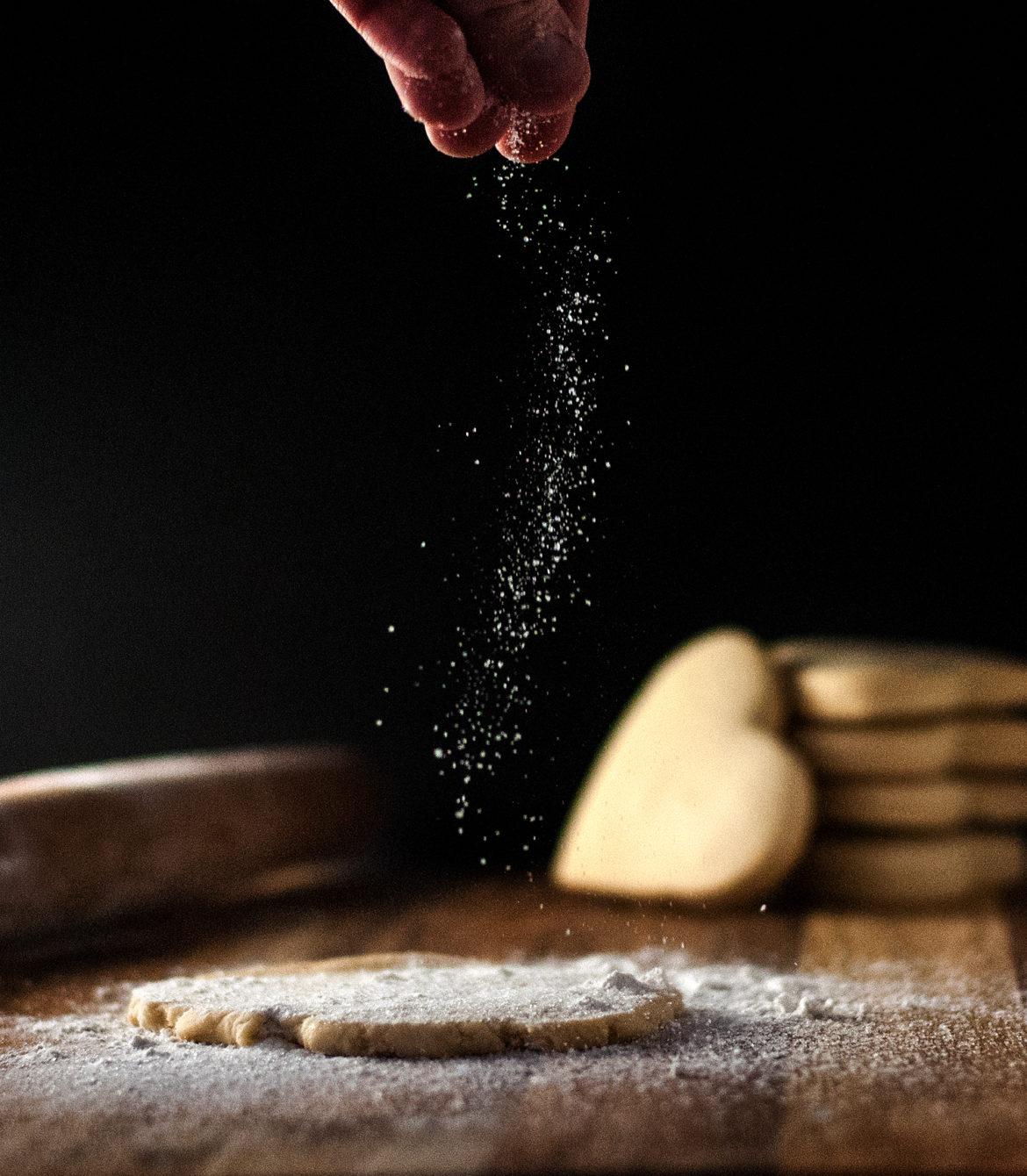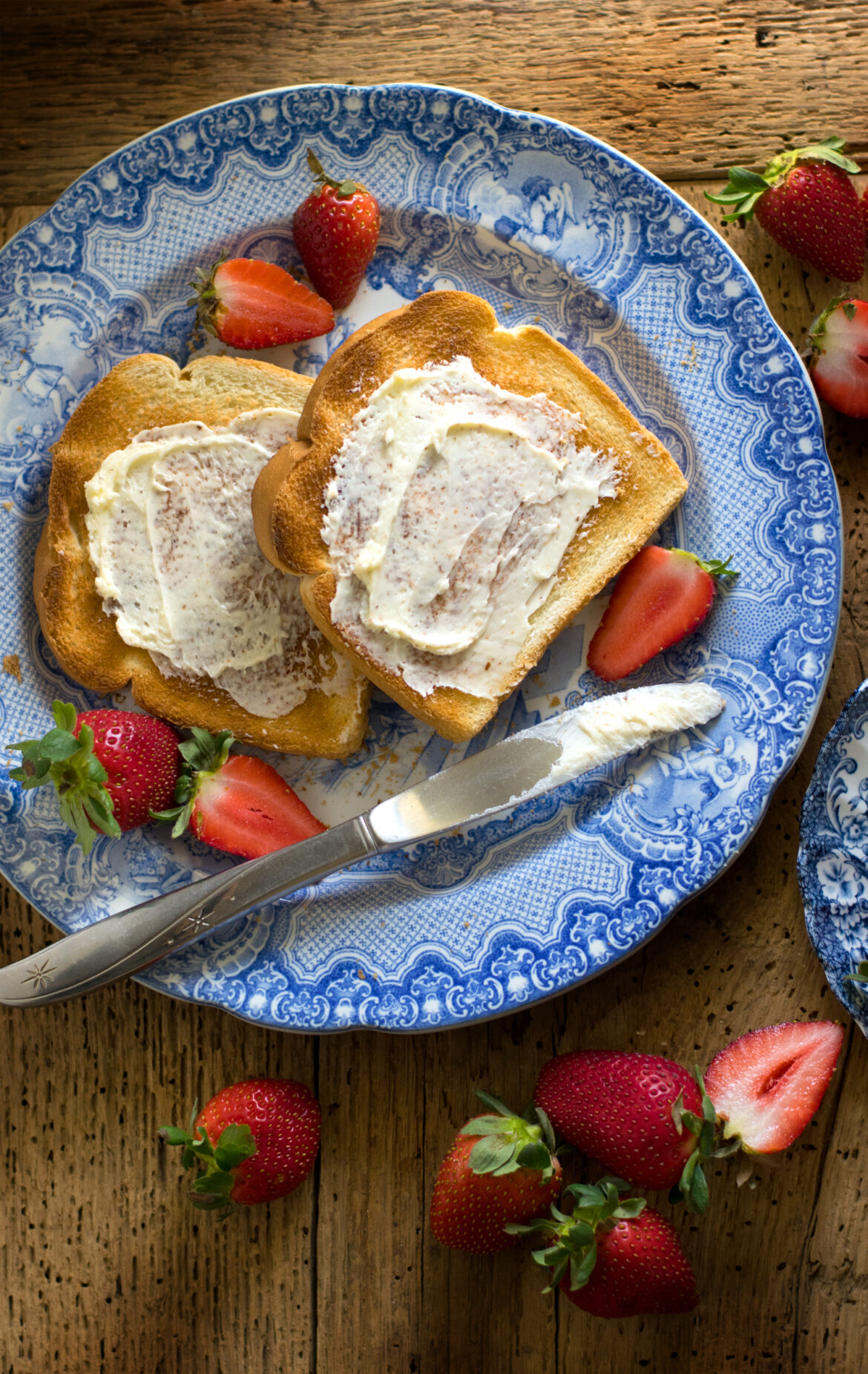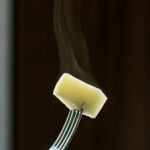Gibby
His real name was Charles Gibbon. But everyone called him Gibby. It was a name that he had picked up during the war, and it stuck.

His bark was worse than his bite. When we would run outside to play, we would hear the familiar growl. “Hey. C’mere.”
We would go, half fearful. His eyes were narrowed. He gazed down at us, a stern look on his face. “And just WHERE are your shoes. Do you want to step on a nail? Get sick? Be in a hospital bed the rest of your life and never play outside again? Well? DO YOU?”
We would swallow nervously. “I’m not going to be in a hospital bed,” we would mutter under our breath, too fearful to say it loud enough for him to hear. Satisfied that we were cowed into repentant silence he would continue. “Now go back inside and get some shoes on. I don’t want to be out here worrying about you. Go on, now.”
We had to put shoes on, too, because Gibby was always outside on his porch, his shiny brown cane leaning up against the railing, the local paper spread out on his knee. He watched the world go by from that porch, and he never missed a thing.

“Hey Skeezicks (He always called us this– we had no idea what it meant). C’mere.” The growl was all too familiar. We would slink over, looking down pointedly at our feet, clad in shoes. He should be happy with these shoes on today. But no– the familiar narrowed eyes, the impatient tapping of the cane. He’d stare at us, his familiar blue fishing hat pulled down over his eyes, like an American back porch version of Humphrey Bogart. He’d stare at us, then swat a fly with his newspaper, without ever taking his ice blue eyes off of us. “How are your grades? Are you being smart in school? There’s no place for stupid people in this world. I hope you’re being smart.”
“We have good grades, Gibby,” we’d assure him.
“Hmmmm.” More narrowing of the eyes. “Working as hard as you can? No slacking off? Because I’ll hear about it and then you’ll have to answer to me if you’re slacking off and not doing your best.”
“Hey– wait a minute. C’mere.” We turned back. He held out his hand to give us each a butterscotch candy. “Don’t let me catch you slacking off, now. I want good grades from all of you. And I will be checking.”
“Yes, Gibby.”
True to his word, he always checked on our grades carefully, with the critical eye of a connoisseur. And when we got good grades, the butterscotch river flowed.

Gibby kept his house and garden immaculate. His vegetable garden was his pride and joy– so perfect that it almost didn’t look real. Each spring he would measure along the sides and then tie a string taut across each of his measurements. He would plant his seeds along this string, placed carefully one seed at a time. His rows were as sharp as the creases on his WWII uniform. He spent hours in his garden each day– adjusting, weeding, pruning. There were never weeds in Gibby’s garden. His tomatoes were perfectly staked, perfectly spaced, perfectly beautiful.
“Hey Skeezicks– c’mere,” he called one day. “Did I ever tell you about the ripe tomato I had in April?”
April? For ripe tomatoes? We were incredulous. No one could have ripe tomatoes in April!
Gibby grinned mischievously. “Well you see, the guy down the street and me always had kind of a little contest to see who would have the first ripe tomato, see? And I got sick of that guy always cheating and using his greenhouse, so one year I thought I’d fix him. So I took a green one and some red paint and I painted it red. Oh you should have seen his face when he walked out onto his porch and saw that red tomato in April from his porch! I don’t know which was redder– his face or my painted tomato!” Gibby threw back his head and roared with laughter.
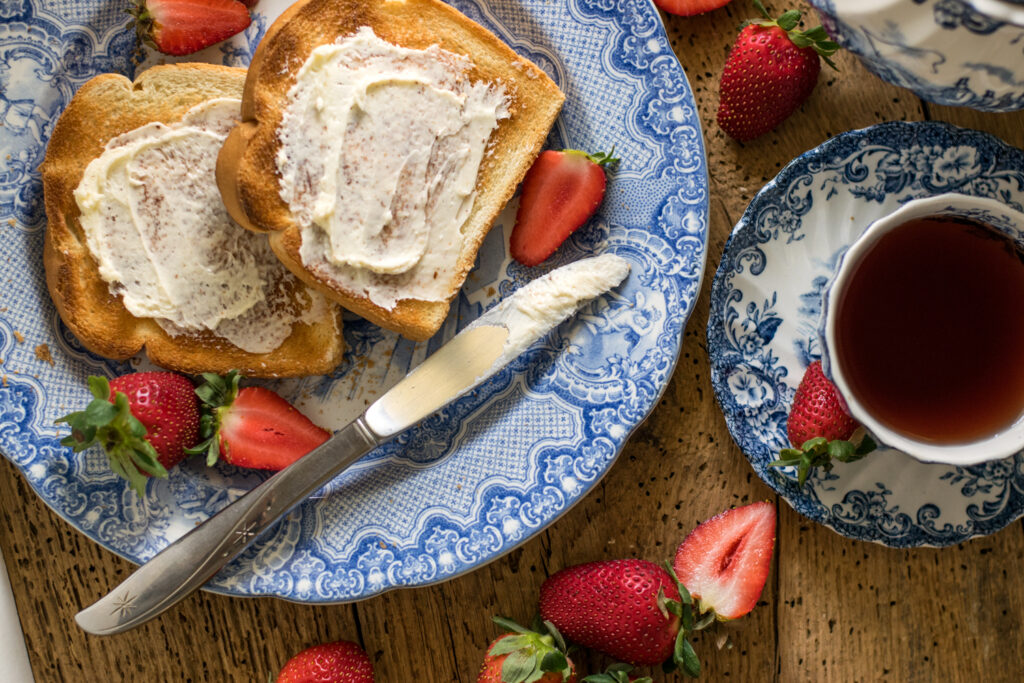
As we got older we would often hang around Gibby, our childhood fears a bit lessened as our height grew to mirror his. “Hey Gibby? Whatcha’ doing?”
He would always feign annoyance, but he was never too busy for us. If we didn’t come by for a few days to “bother” him, he always puttered his way up to our yard with his cane to find out where we’d been. “Well? Why are you hiding from me? Bad grades? Let’s have it. Why haven’t you come down to see me?”
He always brightened when we asked him a question about gardening. He always had time to show us the plants in his carefully tended garden– to teach us how to pull the suckers off of tomato plants (“They’re just like the government– they’ll bleed you dry and give nothing back”) and how to tell weeds from vegetable seedlings (“if they look too healthy for their own good they’re probably a weed”). Sometimes he would let us pick some of his vegetables. “Hold this bag now. We’re going to pick some green beans for Mom for your supper. Green beans are good for you– they will make you smart. Help you get you good grades. No more of this slacking off business– if you’re getting bad grades and being lazy, I’m going to hear about it.”
Sometimes he would let us choose what we wanted to plant and then hassle us to come weed the garden each day. “Do you think gardens grow themselves? No– you have to be a hard worker to have a good garden. Lazy people don’t deserve gardens. Gotta’ be up early before the sun comes up to water and weed it. Don’t make me sorry I let you do this, now. Show me you’re smart.”
My Mom always had a garden as well, although Gibby’s was always earlier and more prolific because of his rapt and constant attention to it. He always delighted in checking out the garden at our house and pointing out that his plants were farther along than ours were, and it was quite common to come outside onto our porch and find him there, his hands on his cane, surveying the garden and waiting for one of us to come out so that he could ask questions about it. “How are your beans this year? Did you try the hot pepper on it for the rabbits? That always works. Now, see– if you’d have done that when I first told you, you might have beans by now, instead of all these nibbled off things. Listen to me next time– I’m an old guy and I know what I’m talking about.”

Gibby also loved to play checkers. Sometimes he would set up the board, tantalizingly, on his porch and sit facing our house. He knew we would see and that we wouldn’t be able to resist coming to challenge him to a game.
Gibby was the king of the double and triple jump. He would smack his checker down solidly each time he jumped ours, cackling through his zig-zagged teeth as he collected his prizes. “You shoulda’ seen that one coming. I just wiped up the board with you.” He never lost a checkers game.
Finally in desperation I brought over a chess board, figuring that maybe I’d finally have a chance to beat him if he’d never played the game before. I set up the board and started to explain to him how everything worked– how the knight could go one up and two over, or two up and one over– how the bishop could only go diagonal on its respective colors. How the queen was the most powerful player on the board, how rooks could go only straight . . .
He waved an irritated hand. “Let’s just play. We’ll figure it out.” A few moves in, his knight “triple jumped” my bishop, rook, and queen. He reached the other side. “King it,” he grinned. You could take the man off of his checkers board, but you couldn’t take the checkers board out of the man.

Once he took us inside his house. It also was immaculate, with the kitchen linoleum gleaming and not a speck of dust on anything in sight. He shuffled to his La Z Boy recliner and slumped down onto it with a sigh of comfort. “C’mere let me show you something.” His fingers, bent with arthritis, pulled out a box from beside his chair. We clustered around, interested. “Now this here is a picture of me in my uniform,” he said, showing a much younger, much straighter standing Gibby with a head full of dark hair and a boyish grin on his face. “That’s me before I left for war. Boy– I was just a kid.” He seemed lost in thought.
He pulled out some ribbons and medals. “I got these off of some Italian guy. He was in a machine gun nest, trying to blow us to smitherines. I snuck up behind him and got the drop on him.” He closed his eyes, remembering the story with relish. “Oh yeah– he was terrified. Put up his hands right and proper. Not so brave now that he didn’t have his machine gun in front of him.”
“But Gibby,” we waited, breathless to hear the story. “What did you do then?”
Gibby’s eyes flashed open, and he chuckled. “I told him to give me all his medals.”
“But Gibby did he speak English? Or did you speak Italian?”
“Nope. I just told him to hand over his medals. He got the idea with my gun in his face. He ripped them off so fast that he almost tore his uniform.”
“And then what?”
“What do you mean then what? I told him to git, that’s what.”
“But you just took his medals like that? Why Gibby?”
Gibby snorted. “I gave him his life, didn’t I? Didn’t have to do that, did I? The medals made it look like I killed him to show higher ups, but I let him go. Figured he was someone’s son. Someone’s brother. Someone’s dad. Someone’s friend. I figured they might like to see him again. And as fast as he ran, I wouldn’t be surprised if he was halfway back to Italy eating Mama’s spaghetti before I could even blink.”
He fingered the medals softly, his fingers running over the words on them. Slowly he put them back in the box and closed it. He ran his fingertips over the edge of it. “See? That’s why you have to get good grades– so you can make something of yourself in life. I don’t ever want to hear of you slacking off. I want to know you are working hard and doing your best. No lazy kids on my watch. You better believe I’ll hear about it.”
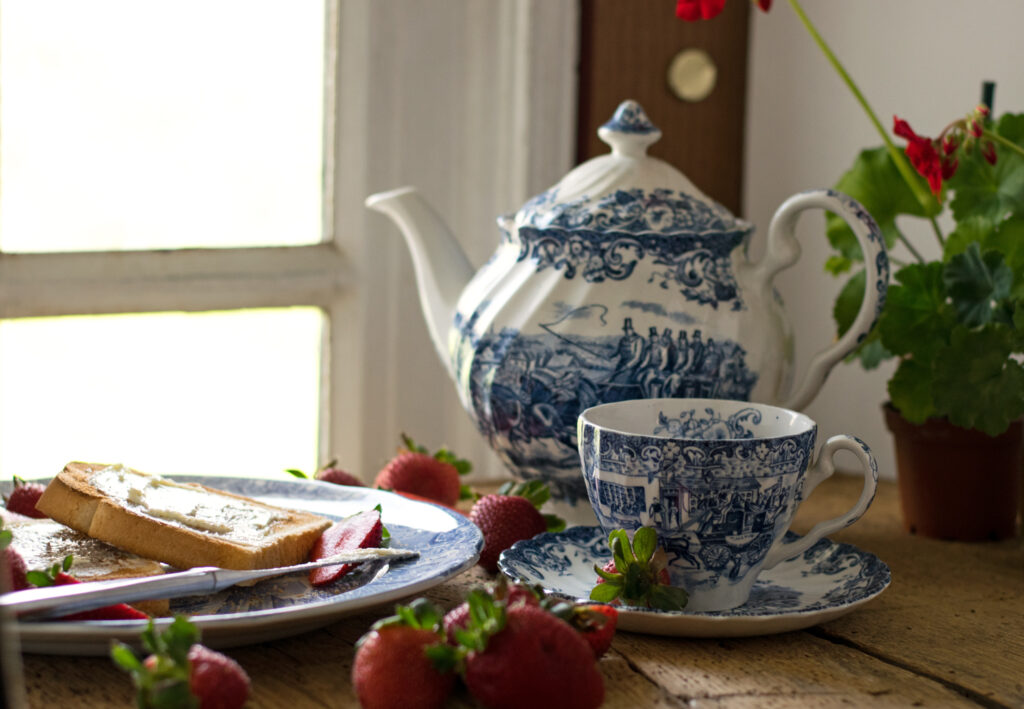
His hand opened up to reveal a butterscotch for each of us. “Now get back home before you miss your supper. Grab some of those beans on the way out for your Mom. Goodness knows yours aren’t ripe yet. If you’d only listened to me about the hot pepper then maybe you’d have some of your own by now . . .”
Gibby remained our neighbor and friend for almost 20 years. Even as he aged and his gray hair became a wisp of white still firmly secured under his blue fishing hat, his eyes never lost their fire– the flash of authority that made you come, no matter how old you were, when he called his gruff “Hey Skeezicks– c’mere” from the porch.
“How are your grades? I’m glad you finally started wearing shoes. You probably would have ended up in a hospital bed with a nail in your foot if I wasn’t around. Glad you finally came to your senses and started listening to me. Take some of these tomatoes and some green beans to your mom. And don’t run. I don’t want you getting hurt.”
His manner never changed, nor did his keen eyes or his thirst to have the first ripe, red tomato in town. Even into his 80s when it was so hard for him to walk, he would take all day to work out in his garden, sitting in an old rusty lawn chair now. He would pick suckers off his tomato plants with glee and pull weeds, one at a time, which he collected in an old coffee can, resting himself in between each bend down. If we saw him out we went to help. He always fussed and pretended we were bothering him, but we always got a butterscotch. We knew he was glad to see us.
All three of us kids graduated from high school as our respective class valedictorians. Gibby, always eager for results, quizzed us constantly leading up to graduation. “How are your grades? Are you being lazy? Or are you working hard and making me proud?” We knew that he had seen our graduation announcements in the paper, because each time a battered, hand-cut copy was in our door in an envelope for us to keep for our scrapbooks.

“Hey Skeezicks. C’mere.”
We trotted obediently across the familiar lawn to his porch, where he sat swatting at flies with his newspaper. “Saw your name in the paper. You’re getting so famous I’m surprised you don’t have people over here trying to get your autograph. Good thing you listened to me and buckled down in school.”
He chuckled at our embarrassment as we looked at the ground.
“Hey Skeezicks. I knew you were smart.” Rustling in his jacket pocket. Two butterscotch candies this time. “Make sure you keep it up, now. Keep it up, or I’ll know about it. The world has enough stupid people in it already. Don’t be another one.”
“Yes, Gibby.”
“And tell your mom I was over looking at her tomato plants today. Tell her next year try the Pineapple tomatoes. Those red ones aren’t gonna last through the heat we’re supposed to get these next few weeks. She better pick those today or they’re gonna rot on the vine.”
“Yes, Gibby.”
“Hey Skeezicks.” We turned. “Yes, Gibby?”
“I’m proud of ya.”
We smiled and headed back across the yard. There were tomatoes to pick. We knew Gibby would be checking.

Disclosure: This post may contain affiliate links, which just means that we get a few pennies if you purchase through our link. I never recommend products that I don't personally use and love. Thanks!
